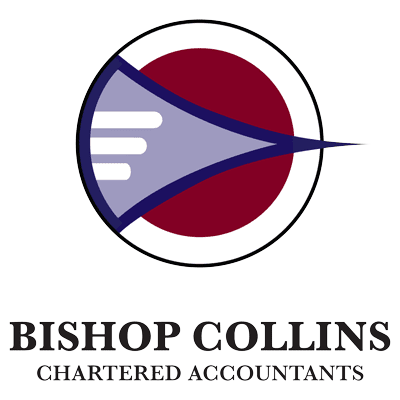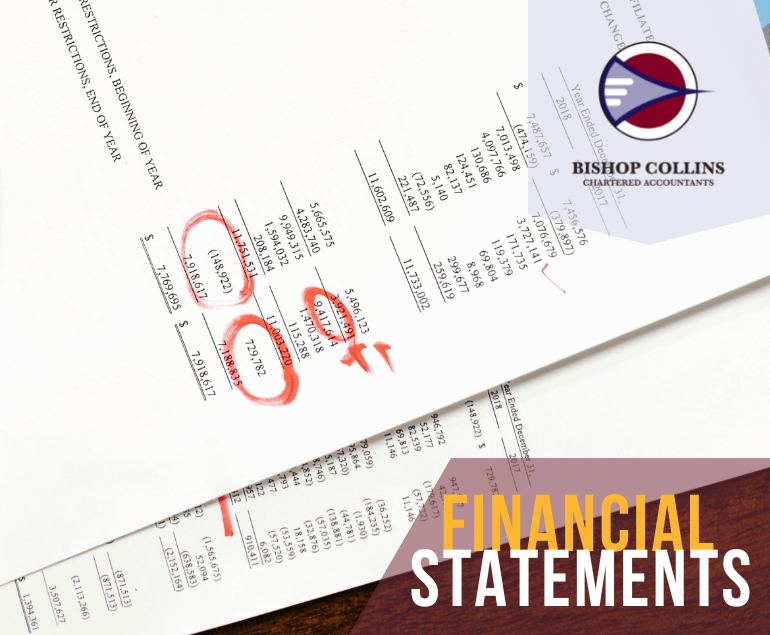It’s the nature of being in business that many companies and organisations have the requirement to prepare and provide their financial information to stakeholders. Financial statements are how they do this. Financial statements provide stakeholders with information covering the results of company operations, the company’s financial position, and details of its cash flow. This information offers stakeholders transparency and provides accountability of the company’s senior management. An example of stakeholders who would receive such financial statements include shareholders, members, lenders or others.
Because there can often be many recipients of financial statements, each with different tailored information needs, there is a need for a broad range of financial information required in a set of financial statements. The solution is to prepare a ‘general purpose financial report’ (“GPFR”) also called ‘general purpose financial statements’ (“GPFS”) in order to present relevant information to stakeholders. Australian Accounting Standards stipulate what information a GPFS must disclose and how it is presented.
General purpose financial statements are defined in “AASB 101 Presentation of Financial Statements” as “those intended to meet the needs of users who are not in a position to require an entity to prepare reports tailored to their particular information needs”, and needs to comply with the requirements of all applicable Australian Accounting standards.
The Difference Between Special Purpose and General Purpose Financial Statements
The financial statements are prepared for general users, which means users who can’t directly ask for information from a business or organisation. The business prepares statements to be materiality correct and focus on what is important to their general users and stakeholders. For this reason, general purpose financial statements are standardised.
On the flipside, we have “special purpose financial statements” (“SPFS”). These are financial reports created to present financial information to specific stakeholders. In many cases, unlike the stakeholders who GPFS’s are prepared for, the stakeholders of a SPFS are in a position to command and tailor the information to satisfy their requirements, for example, owners and directors who have a direct operational stake in an organisation. Special purpose financial statements provide many small and medium-sized businesses access to greater informational flexibility. This is because the statements are often presented in a simpler format. The rules for reporting that have been established by an organisation’s directors, owners, or members are often adhered to by this straightforward financial report.
There have recently been some changes to the requirements to provide a SPFS. From 1st July 2022, special purpose financial statements will no longer be required in Australia for certain kinds of for-profit private sector enterprises. The majority of organisations that will be impacted are those in the private sector that operate for profit and are required to lodge financial statements with the Australian Securities and Investments Commission (ASIC). These entities will not be allowed to prepare and lodge SPFS for years ending on 30 June 2022.
What Information Should General Purpose Financial Statements Provide?
A GPFS prepared in accordance with Australian Accounting Standards should provide a structured representation of the financial position, financial performance and cash flows of a business or organisation. It should provide information that is useful to a wide range of stakeholders that assist them in making economic decisions. It should also show the results of how the organisation’s management have performed and utilised the resources entrusted to it. To meet this objective, financial statements provide information about an organsiation’s:
- assets;
- liabilities;
- equity;
- income and expenses, including gains and losses;
- contributions by and distributions to owners in their capacity as owners; and
- cash flows.
This information, along with additional information in the notes, assists the stakeholders who use the financial statements in predicting the organisation’s future cash flow and, in particular, their timing and accuracy.
A complete set of financial statements comprises:
- a statement of financial position as at the end of the period;
- a statement of profit or loss and other comprehensive income for the period;
- a statement of changes in equity for the period;
- a statement of cash flows for the period;
- notes, comprising significant accounting policies and other explanatory information; and
- comparative information in respect of the preceding period
What is a Simplified Disclosure Framework?
Your business, organisation or charity can choose to prepare full General Purpose Financial Statements (Tier 1), or General Purpose Financial Statements under a simplified disclosure framework (Tier 2).
If you choose to prepare a GPFS with a simplified disclosure framework, the statements are still considered to be General Purpose Financial Statements. However the key distinction is the eligibility to provide fewer, uncomplicated disclosures.
There were some changes to the disclosure standard recently. The new simplified disclosure standard replaces the former Tier 2 Reduced Disclosure Requirements (RDR) framework, from 1 July 2021. The changes have been introduced as part of AASB 1060 General Purpose Financial Statements – Simplified Disclosures for For-Profit and Not-for-Profit Tier 2 Entities. Under AASB 1060, all relevant disclosure requirements are contained in a single standard. The changes will apply to all Tier 2 entities and do not affect which entities are permitted to apply Tier 2. The recognition and measurement requirements of Tier 2 also remain unchanged and the same as Tier 1. For more information about the changes and the new disclosures that will be required, refer to AASB 1060 on the AASB website (www.aasb.gov.au).
The Experts are Here to Help!
Remember, the need to prepare general purpose financial statements or special purpose financial statements may also require you to have these audited. Take a peek at our article on whether you need to have an audit completed on your financial statements here.
If you would like to discuss your organisation’s requirements to prepare general purpose financial statements the accounting experts at Bishop Collins would be delighted to have an obligation-free and confidential discussion with you. Please reach out to us if you would like to seek professional help with General Purpose Financial Statements.







